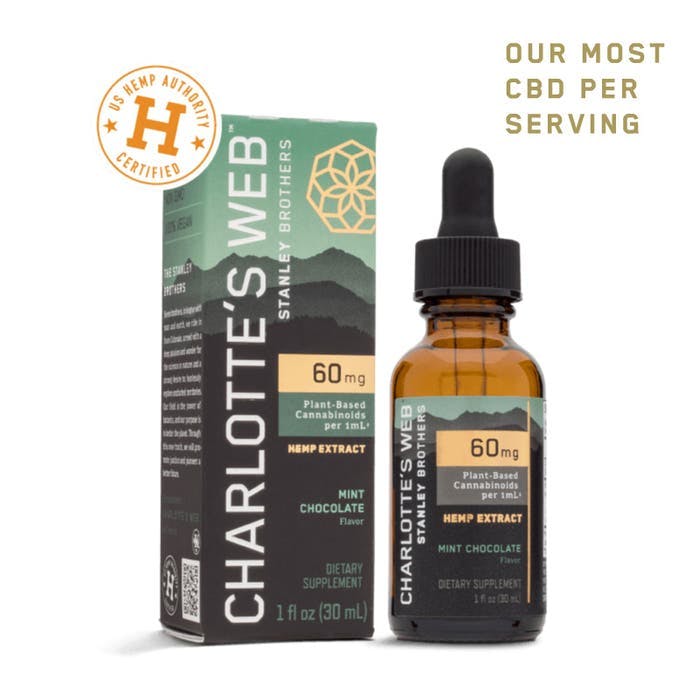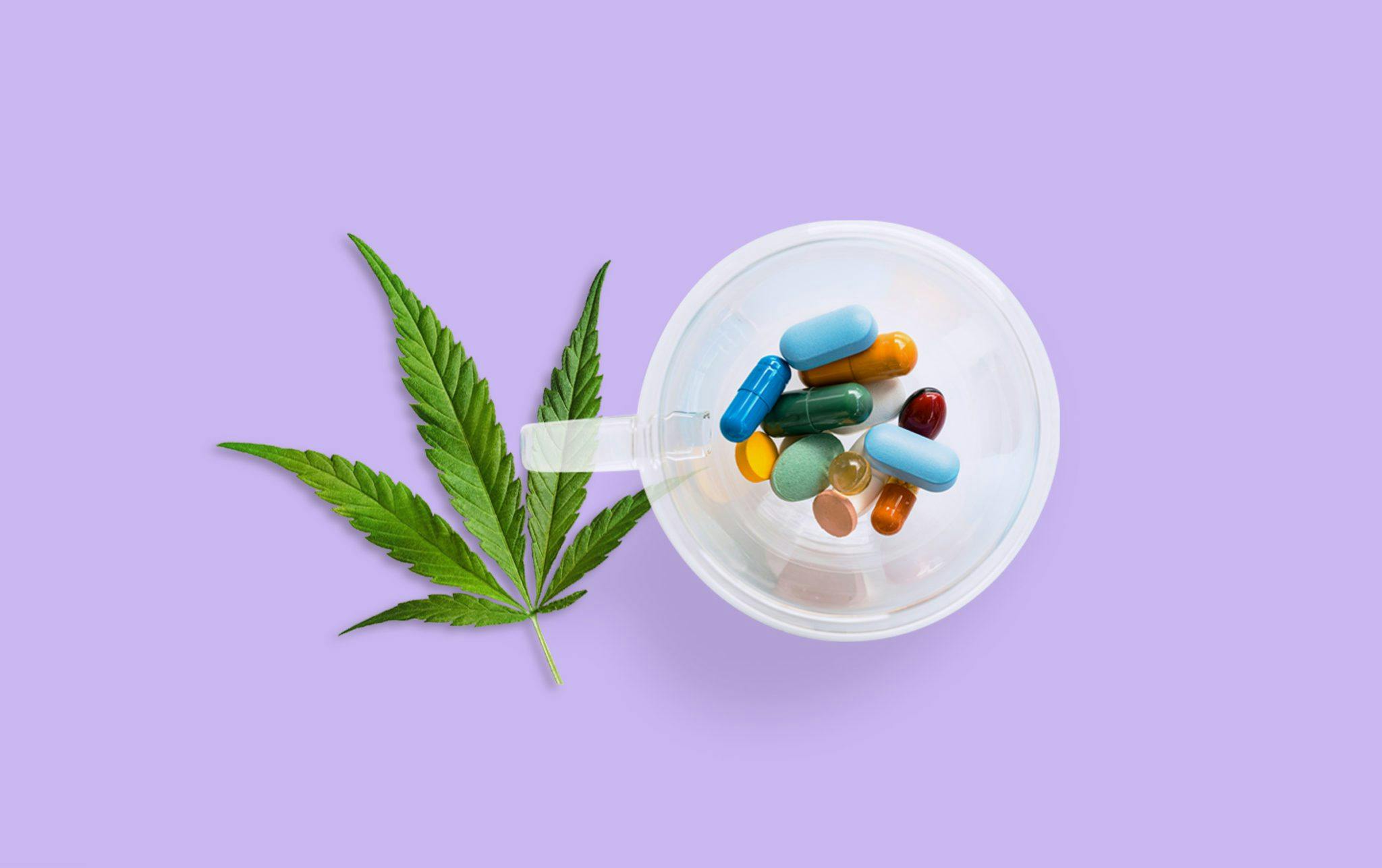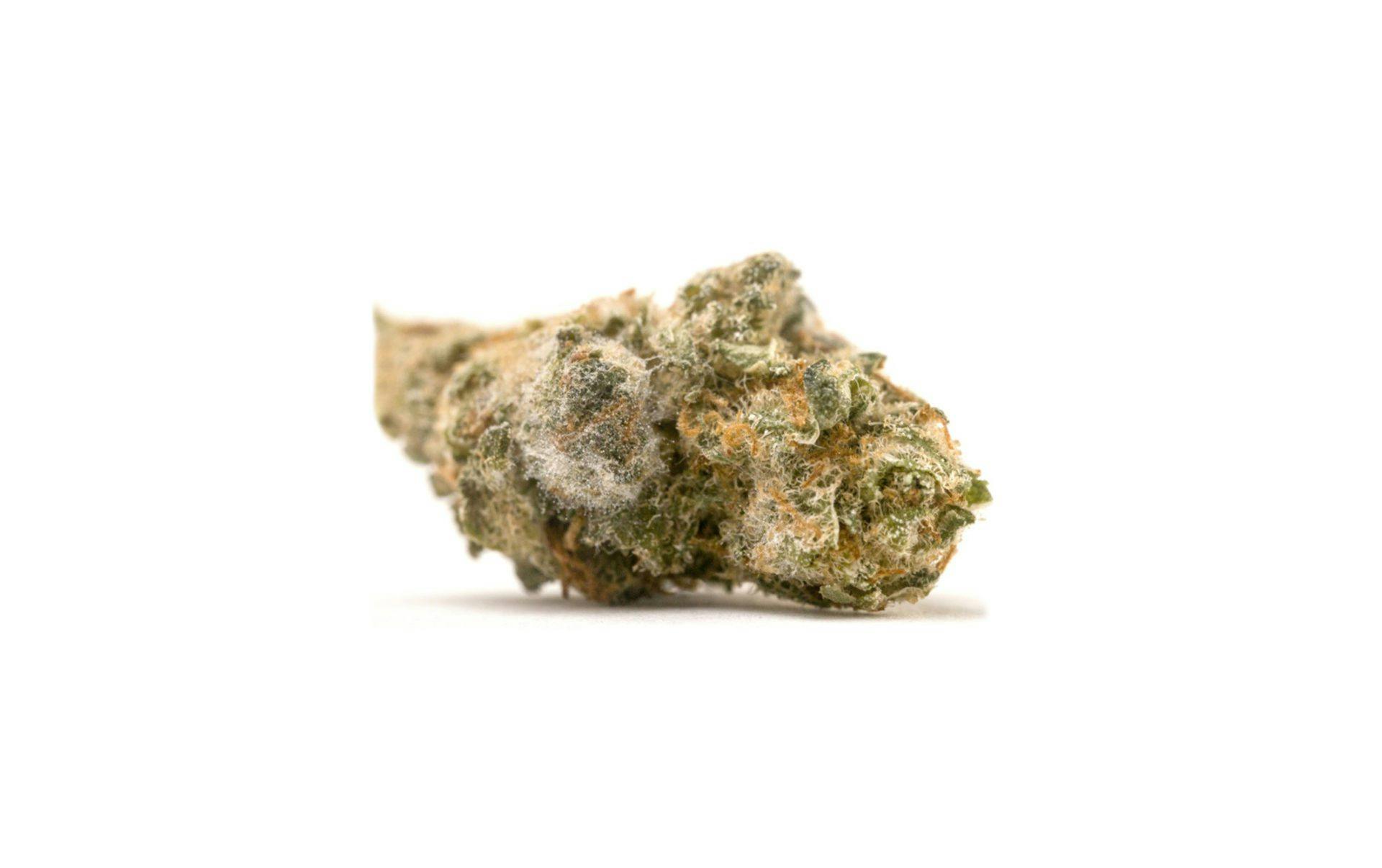Does Weed Reduce Swelling?
Last updated on Oct 7, 2024
Created on Dec 27, 2021

Article written by

Ruth LemonChief of Staff
Content reviewed by

Dr. Lewis Jassey
Using cannabis as medicine has gained more acceptance over the past twenty or so years. Today, millions of Americans support legal cannabis, and more than five million are registered medical patients.
This massive growth of the medical cannabis industry is due to the many positive effects users experience when using their medicine. One of those many benefits is medical cannabis’s ability to reduce and control inflammation throughout the body.
Get your medical marijuana card
Connect with a licensed physician online in minutes.
Larger purchase limits Access to higher potency strains Save up to 40% on product taxes Enhanced legal protection
Does Cannabis Reduce Swelling?
Cannabis reduces swelling. Researchers and studies on medical cannabis have long touted and promoted anti-inflammatory benefits for medical cannabis patients.
A 2008 study showed that the cannabinoids present in medical cannabis products are helpful at reducing inflammation throughout the body. Regardless of whether that inflammatory response comes from a condition like rheumatoid arthritis, IBS, or an autoimmune disorder that shows in the form of swelling on the surface of the skin like psoriasis or eczema, the swelling associated with the building and breaking down of muscles when it comes to athletic performance and fitness, or even the swelling the happens in response to an injury, like an ankle sprain.
This study was quick to point out that while the cannabis plant does have cannabinoids that intoxicate users, the vast majority of cannabinoid compounds present in the cannabis plant have other valuable effects on the rest of your body.
Another more recent study, published in 2018, showed that isolating non-psychoactive cannabinoids, like CBD, had a measurable effect on reducing all-cause inflammation throughout the body. Not only did the CBD products reduce all-cause inflammation throughout the body with little to no side effects, but it was proven effective when it comes to pain relief, easing chronic inflammation, and profoundly impacting the immune system. These studies show that cannabis and the cannabinoids present in marijuana and medical cannabis products have powerful anti-inflammatory properties.
More federally funded research studies need to be done on the exact doses, compounds, and processes by which medical cannabis can be used to reduce all-cause inflammation throughout the body. However, it’s worth noting that researchers already do know quite a bit about THC and CBD, the two most well-known and researched cannabinoid compounds, when it comes to reducing inflation.
While everyone is different, and will thus require different doses and frequency of doses to treat the specific inflammation that ails them, a dose of CBD or THC to ease inflammation will usually kick in after about 15 minutes. From there, your weight, sex, BMI, tolerance, and a variety of other factors will need to be considered when it comes to how long your current dose will last and when you’ll need to dose again to keep the swelling down. However, a good rule of thumb is to dose CBD every three to four hours to keep the swelling at bay.
Potential Risks and Drawbacks
When it comes to using cannabis products to ease inflammation, the drawbacks and risks are few and far between. CBD and THC, the two primary cannabinoids present in medical cannabis products for inflammation reduction, have been rigorously tested in human and animal studies. They’re proven to be effective in easing inflation, pain, and a variety of other ailments and are pretty much harmless as long as they’re used as directed.
CBD is non-psychoactive, so it won’t affect your ability to perform day-to-day tasks. On the other hand, THC-infused products have an apparent downside compared to CBD. THC, while effective at reducing pain and inflammation, is psychoactive. That means that while THC is effective, you’ll be somewhat limited in what you can do while using it.
It’s important to note that everyone is different when it comes to medications, especially cannabis. You should consult with your certified cannabis doctor before making any changes to how you treat inflammation throughout the body. Everyone is different and consulting with your personal doctor will help you get the most out of your medical cannabis.
Aside from that, there really aren’t many downsides when it comes to using either CBD or THC to reduce swelling.
Download Free Guide to THC
Terpenes and Flavonoids for Swelling
While cannabinoids like THC and CBD play a significant factor in relieving pain and inflammation throughout the body, the terpenes and flavonoids in cannabis products can also play a role. Think of these terpenes like boosters to the cannabinoids compounds, a compound that can amplify effects.
Some of the most effective terpenes for dealing with all-cause inflammation throughout the body are as follows:
- Limonene
- Myrcene
- Linalool
- Caryophyllene
- Alpha Bisabolol
- Borneol
- Delta-3 Carene
- Eucalyptol
- Nerolidol
- Pinene
Free Cannabinoid and Terpene Guide
Best Cannabis Strains for Swelling
The strain that works best for you is deeply personal. While these suggestions might be on point, others might not get the same benefits. On that note, you should always consult with you certified cannabis doctor and budtenders at your local dispensary to figure out what works best for you!
Let’s get right into it.
Harlequin
This Sativa-dominant strain is as unique in its genetics as its name. Spawned from a mix of Nepali indica, Thai Sativa, Colombian Gold, and Swiss Sativa lineages, this strain is about as CBD heavy as it gets without sacrificing the THC and entourage effect needed for dramatic results. Harlequin is known to be especially effective in treating and managing pain and inflation associated with arthritis and joint pain. We highly recommend this one when it comes to reducing pain and swelling.
Cronuts
This deviation from the well-known and loved Girl Scout Cookies, Cronuts, improves the terpene profile. Packed full of beta-myrcene, beta-caryophyllene, and limonene, this strain is incredibly effective when it comes to easing and reducing chronic pain, swelling, and inflammation. If you’re dealing with swelling and inflammation throughout the body, then this strain is a go-to for finding some relief and managing your symptoms.
Charlotte’s Web
Originally developed to treat a young epileptic girl, this strain featuring her namesake is a high-CBD product that’s perfect for someone looking to avoid big doses of THC. With the THC content rarely exceeding .3 percent, the 20 percent of CBD content packs a powerful anti-inflammatory punch. This one is an excellent option for the patient looking at the benefits of medical cannabis without the psychoactive effects of THC. This strain is a perfect choice for someone looking to reduce pain and inflation without getting high.
Best CBD Products for Swelling
If you’re looking for an anti-inflammatory factor without the psychoactive effects of THC, then going with a CBD product is the way to go. Here are a few CBD-only products that we recommend checking out if you’re looking to deal with general inflammation throughout the body.
Aspen Green Full-Spectrum Hemp Extract
If you’re on the hunt for a full-spectrum CBD product, there are few finer on the market going into 2022 than Aspen Green Full-Spectrum Hemp Extract. Made from only USDA-certified organic hemp extract from Colorado, this product is chock full of terpenes and flavonoids that get to work in your body, combating inflammation. While it does contain trace amounts of THC, it’s not enough to negatively impact you when it comes to productivity.
Colorado Botanicals
When it comes to high-quality ingredients, responsible sourcing of the best possible cannabis plants, and top-notch products full of quality CBD, there are few finer brands on the market today than Colorado Botanicals. With high standards of extraction and powerful plant-based medicine packed into every bottle, we highly recommend their CBD products if you’re looking for a way to reduce inflammatory responses throughout the body.
Premium Jane Citrus CBD Tincture
If you’re looking for a CBD product that is as tasty as it is effective at treating inflammation and pain throughout the body, look no further than Premium Jane Citrus CBD Tincture. This CBD tincture is produced from top-notch Kentucky hemp, packed with terpenes like limonene and pinene, and has proven anti-inflammatory benefits when used in proper dosages. Not only does this full-spectrum tincture effective at treating pain and easing inflammation, but it has a delicious citrus taste to boot.
The Bottom Line
When it comes to easing inflammation naturally and without the use of synthetic, big pharma pushed mediation, medical cannabis is the way to go. The research that’s been done so far has been clear about the anti-inflammatory properties of cannabis. When it comes to easing all-cause inflammation throughout the body, from a wide variety of issues and medical ailments, there are few more natural treatments options than cannabis.
Get Your Medical Card
Connect with a licensed physician online in minutes.
Larger purchase limits Access to higher potency strains Save up to 40% on product taxes Enhanced legal protection


